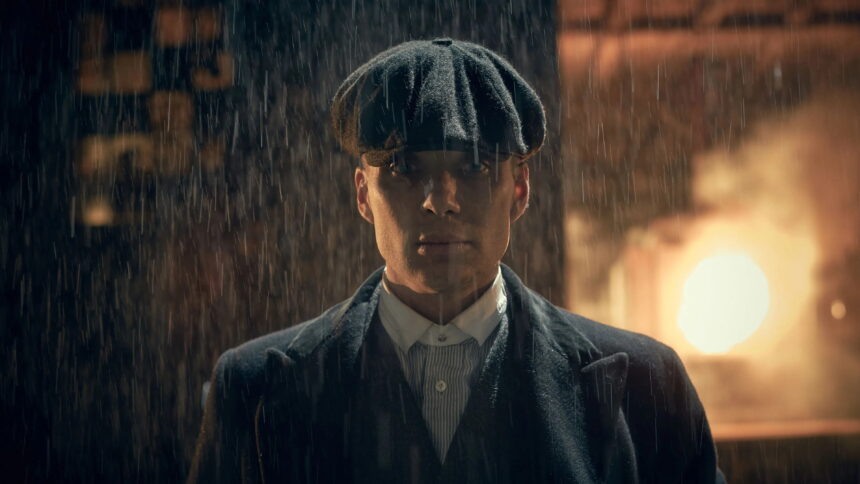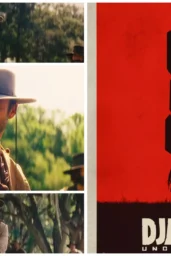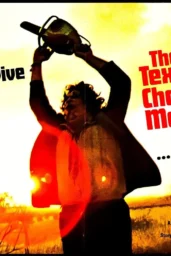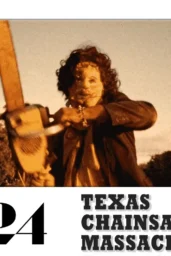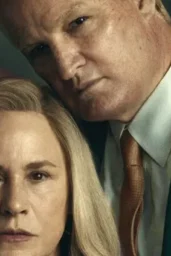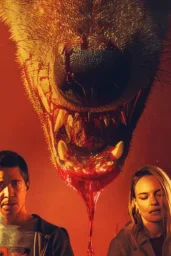You Can Almost Hear the Cough of Gunfire
Sam Claflin, the man who put a chill down the spine as Oswald Mosley, is out. No return. Not for the movie. It's confirmed, with zero room for speculative headlines—and that, in the world of Netflix's The Immortal Man, might be the most quietly seismic shift since Arthur first put his brass knuckles on the table.
The official word is in. Claflin, whose performance as Mosley gave Peaky Blinders a kind of classical gravity (think Richard III's smirk with just enough hair oil), recently told Metro UK:
“No, sadly, I'll share—I'm not in the film, though, I'm so excited as a fan of the series. I don't know any details other than the casting and some of the people in it. I'm thoroughly excited.”
That's it. Drop the curtain on the fascist's return. Now, let's dissect what this means for the only crime saga that ever made tweed jackets cool again.
The Immortal Man: More Than a War Drama?
Let's get the facts lined up sharp, like the Peakys themselves: the Peaky Blinders movie, officially titled The Immortal Man, is in production at Netflix. Cillian Murphy returns (could it be otherwise?) as Tommy Shelby, stepping into a story set during World War II—an era both ripe for cinematic grit and notorious for draining the oxygen from smaller, smokier tales.
With Barry Keoghan and Rebecca Ferguson stepping into the ring alongside Stephen Graham, Sophie Rundle, Ned Dennehy, Ian Peck, and Packy Lee, there's enough acting wattage to light up postwar Birmingham. Tom Hardy's name keeps circling the rumor mill, but nothing is carved in stone for Alfie Solomons—just yet.
Production is underway. Release date? Let's not play the guessing game: Netflix has not announced one. No whispered festival premiere. No poster date in the subway. You'll know when you know.
Why Mosley's Exit Actually Matters
Peaky Blinders made Mosley feel like a shadow on the wall—sinister and unkillable, a villain grounded in history's darkest corners. But look closer. In series lore and actual history, Mosley's star faded as the real war arrived. The timeline fits: by WWII, his crowd size shrank and his voice turned into background noise, at best.
This isn't just historical accuracy—this is a narrative recalibration. Showrunner Steven Knight has said many times he wants Tommy Shelby's story to arc towards “redemption,” however you define it in postwar England. Keeping Mosley offscreen does more than clear the narrative air; it signals a step away from political chess-matching and towards the heart (and rot) at the center of the Shelby empire.
Imagine the trailer: smoky corridors, bleeding light, Tommy alone with his ghosts. No Mosley, no fascist oratory, just the raw aftermath of every bar fight, backroom deal, and betrayal the Peakys ever survived. That's not clever marketing—that's a clean thematic break.
A Shift From Political to Personal
Without Mosley—without a historical bogeyman—the pressure's back on the Shelbys themselves. Internal fractures. New enemies in a Europe at war. If the narrative can resist the Netflix urge to turn every plot into a global conspiracy, The Immortal Man could land as a proper character study or even a meditation on legacy, guilt, and survival. I'd bet the mood is more The Godfather: Part III (at its best), less Churchillian table-pounding.
That's not a loss. That's a chance for the camera to crawl inside Tommy's head—no distractions, just that blue-eyed squint and whatever redemption means in a world burning from above.
Why the Absence Works
Frankly, it's a relief. If every major Peaky Blinders villain had to return for a final curtain call, what's the point of an ending? Mosley's absence leaves just enough negative space for someone—perhaps new, perhaps never before onscreen—to fill the void with menace, nuance, or (God help us) a sliver of hope.
No post-credits stinger. No slow clap for the comeback of fascist politics, thank you very much. The Immortal Man is shaping up to be Peaky Blinders as it was always meant to end: messy, painful, human.
So, here's your question: Can a crime movie unplugged from its biggest threat still pack a punch? For now, the Shelby myth stands—suits pressed, guns loaded, past and future fighting it out in the dark.
I'll be watching for the billboard.
And when the trailer drops, expect a frame-by-frame breakdown. You know where to find me.

